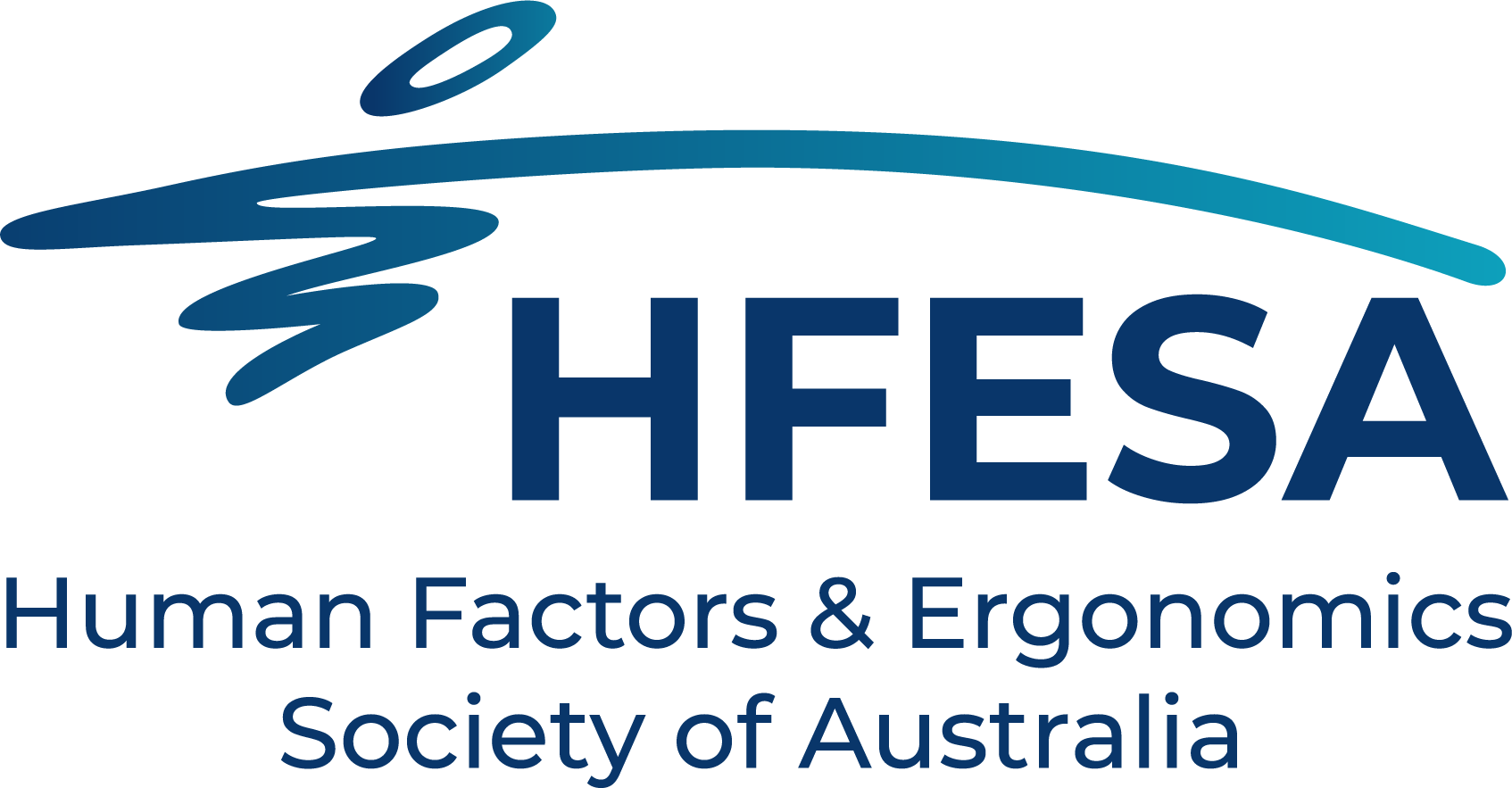The Humans Factors and Ergonomic Society of Australia (HFESA) has produced a podcast featuring a conversation between Antoine Jdeidani, and Sharon Todd, the President of HFESA. The podcasts can be accessed via the HFESA website or the HFE Hub website.
Antoine Jdeidani has a Masters Degree in Ergonomics and Production Engineering and is the Human Factors associated Director at Arch Artifex providing human factors consulting services to Transport Projects in NSW Victoria and Queensland. Antoine has over 10 years’ experience in human factors engineering and human centred design. 2 years dedicated to the design of consumer products and services, and over 8 years on the development and delivery of major transport and infrastructure projects. Antoine’s keen understanding of project management enables him to embed human factors solutions that connects teams to their target end users adding value where it matters most.
Understanding the Role of Human Factors in Metro Train Design
In this podcast, the intricacies of incorporating human factors into the process of metro train design are explored. Human factors professionals play a vital role in ensuring that train systems are designed with the needs and capabilities of the end-users in mind. Through the use of tools such as task analysis and observation, valuable insights are gained to enhance the usability, safety, and efficiency of these complex transportation systems.
Collaborative Design for Drivers and Maintenance Crew
The podcast highlights the collaborative approach taken to design train systems that meet the unique requirements of drivers and maintenance crews. For drivers, tasks like monitoring the train’s operation, managing doors, and maintaining situational awareness are crucial. By analysing their tasks, observing their interactions, and employing eye-tracking technology, designers gained valuable insights into the optimal placement of information displays and controls. The involvement of drivers throughout the design process fostered a sense of ownership and pride in the final product.
Similarly, maintenance crews were actively engaged in the design process, focusing on optimising their workflow and reducing manual handling. Mock-ups of maintenance areas were created to analyse the accessibility of various components and assess the time required for different tasks. Through this collaborative approach, design improvements were made to streamline maintenance processes, resulting in significant time and cost savings over the train’s lifespan.
Towards Semi-Automatic and Fully Automated Systems
As technology advances, the podcast discusses the shift towards semi-automatic and fully automated train systems. While some trains were already equipped with semi-automatic capabilities, allowing them to drive themselves between stations, drivers still played an important role in overseeing operations and managing the doors. The design of the driver’s cab emphasized transparent communication and presented relevant information to ensure their situational awareness.
Looking towards the future, the modular and flexible design of the trains allows for the potential transition to fully automated and unmanned systems. As metro stations develop platform screen doors and isolate passengers from the tracks, the driver’s cab can be removed to create additional seating or open up space for passengers. The forward-thinking design approach ensures that these trains can adapt to changing technological advancements and operational needs.
Why Tune In?
These podcasts are a series of educational podcasts from the Human Factors and Ergonomics Society of Australia (HFESA). These podcasts focus on the connection between human capabilities and good design. Their aim is to promote the field of Human Factors and Ergonomics and provide guidance and professional development.
The podcast is relevant to individuals interested in occupational health and safety, work design, human factors, ergonomics, and related fields. It would be beneficial for professionals working in these areas, such as safety managers, human resources personnel, occupational health practitioners, researchers, and consultants. Additionally, anyone seeking insights into creating efficient, productive, and safe work environments would find value in listening to the podcast. The content covered in the podcast provides a comprehensive understanding of work design principles and their impact on organisational performance and employee well-being.
Please Share
This page can be shared on social media platforms and forums (e.g. Twitter, LinkedIn, Facebook). It would also be beneficial to share the podcast with individuals or organisations interested in the topics discussed in the podcast. When sharing, please use the hashtags below: #HFES #HFESA #HFEHub #OccupationalHealthandSafety #WorkDesign #HumanFactors #Ergonomics #SafetyManagement #Productivity #WorkEnvironment #HealthandSafety #PodcastRecommendation #WorkplaceWellness #SafetyCulture #WorkplaceDesign #OrganisationalPerformance #HealthandWellbeing #SafetyFirst #ProfessionalDevelopment #WorkplaceEfficiency #SafetyAwareness #IndustrialSafety #PodcastDiscussion
https://www.ergonomics.org.au/podcasts/
Prepared by Michael Dubos

